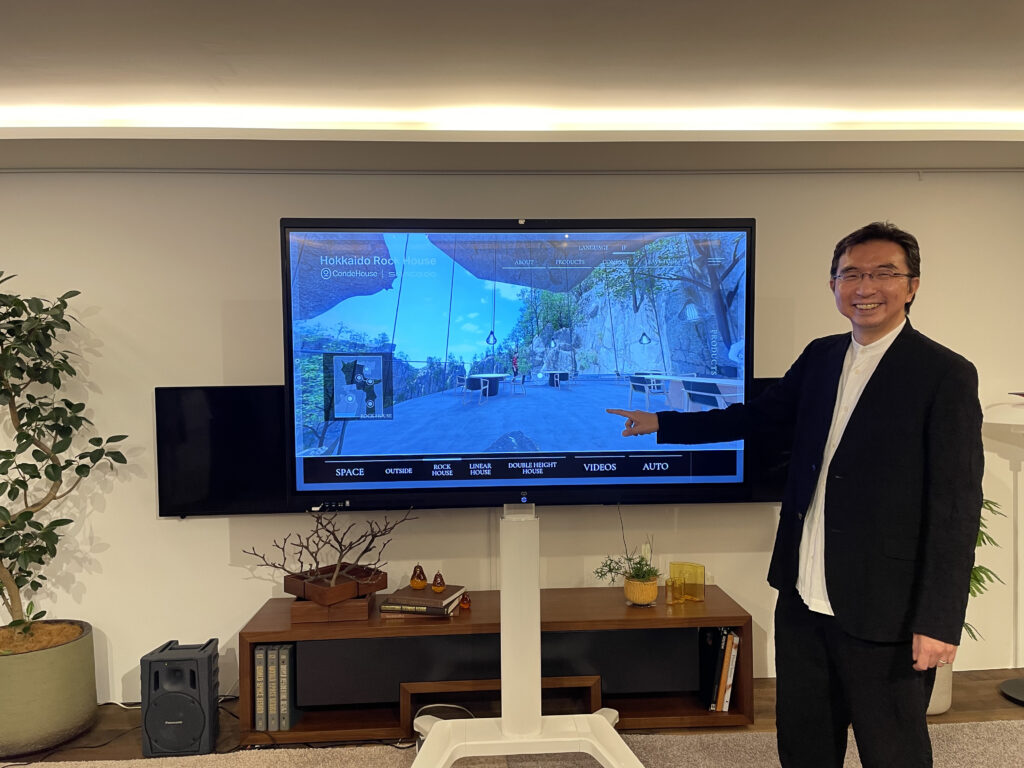The e-sports industry grows to make million-dollar players
Do you like video games? Me? I have no interest at all. When I was a kid, almost all the classmates had Nintendo Entertainment System, but I didn’t. No matter how hard I wished for it, my parents didn’t give the nod. Alternatively, I sometimes went to my friends’ houses to play video games, but it was not so fun because the friends were much better. When I was a college student, Biohazard was released. I bought PlayStation myself to play it. Finally the time came when my dream came true, but probably it was too late. I didn’t get into it at all.
Due to the background like this, I had no idea why e-sports are so trendy and how they can make sense as a business, until I learned the popularity of gameplay videos. It was unbelievable for me that there are many people who enjoy watching other people play video games. Now that online games are mainstream, e-sports may keep growing to make many million-dollar players.
What is the Economics of Superstar?
Conor McGregor, Lionel Messi, Cristiano Ronaldo, Dak Prescott, and LeBron James. Ring a bell with the names? They are top five in the list of sports billionaires in 2021. The estimated income of Conor McGregor, for example, was 180 million US dollars! I don’t mean to point out the market failure of income inequality. My interest is why such superstars (and income gaps) are likely to be born in the entertainment industries. All the mysteries of the world seem to have been solved. Sherwin Rosen, the economist of the University of Chicago, already answered in his book “The Economics of Superstar.”
This is how billionaires are created
According to him, there are two determinants for the base to create superstars: market scalability and commodity substitutability. Let me give you an example. Imagine a good chef. How good and unique s/he is, the number of people who can enjoy her/his meal at a time is not so many. This is the reason why there are few billionaire chefs, but things are changing by the advent of the Internet. People can’t try out great chefs’ meals but can enjoy watching the YouTube videos of their cooking. Scalability is expanding like this, and many billionaire chefs may be born. The situation would be the same as game players in the online video game industry.

Hokkaido Rock House by Sou Fujimoto
I believe the economics of superstar would work for the architectural industry by the power of the Internet in the future. Architects can release their plans and even existing buildings in the form of VR on the Internet, and much more people come to enjoy them more realistically. In other words, the scalability of architecture will expand. In the same manner, Hokkaido Rock House, our virtual condominium designed by Sou Fujimoto will become more popular, I hope.

Shungo Ijima
He is travelling around the world. His passion is to explain Japan to the world, from the unique viewpoint accumulated through his career: overseas posting, MBA holder, former official of the Ministry of Finance.

